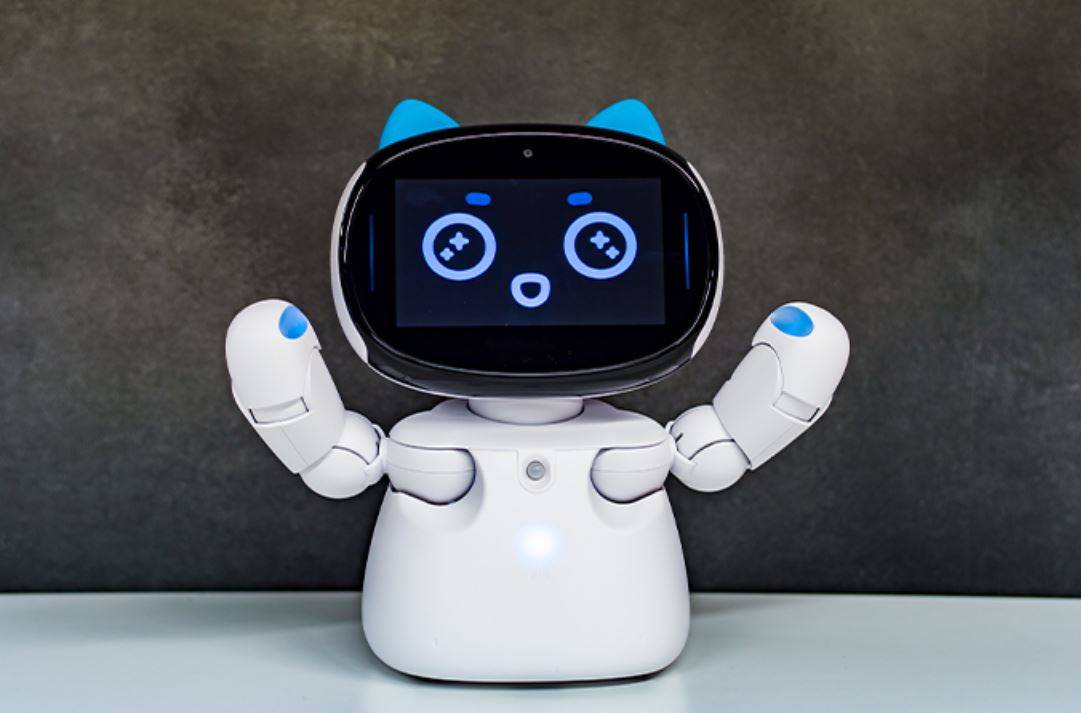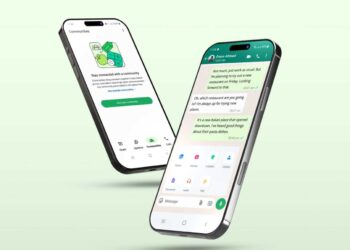What impact might artificial intelligence (AI), and its advancements, have on your learning experience in the future?

AI might be thought of as a sleek robot in front of a blackboard, explaining complex concepts in a monotone. Although this is possible, the technology that can be used in education far exceeds it. Technology is already enabling students to get 24/7 support, personalized learning, and truly global education.
The Artificial Intelligence Market Report in the US Education Sector shows that AI use in the US education sector will increase by 47.77 percent between 2018 and 2022. Similar trends could be seen in Australia, given the US’s influence internationally.
While teachers are still indispensable, AI can make their jobs easier by taking over tasks and improving their courses. In four key ways, AI can make universities more engaging and enjoyable learning environments for all students.
1) Chatbots
Did you ever study for an exam only to realize that a piece was missing?
It is a good idea to get in touch with your professor and have them explain what you are struggling with. But what if it’s 2 am and the final exam is in a few hours and your professor is asleep?
A chatbot is the obvious AI solution for this situation. Chatbots are available 24/7 to all students. They can answer any questions that you may have and save you time. Type “I need help with my English homework! What is a noun?” and get the answer instantly! Machine learning algorithms will ensure that every interaction with students results in the chatbot being able to recognize similar requests and group them together to provide answers.
Staffordshire University already has a basic chatbot. It was launched in January 2019 and will provide “personalized and responsive information about student timetables, enable communication with personal tutors, and provide answers to 400 frequently-asked-questions covering campus facilities, support services, and other services,” according to the official statement.
2) Intelligent tutoring and customised learning
There is no one way to learn, so AI can be used to provide a better education.
This technology is the Watson Tutor from IBM. The software helps educators to understand the best areas of focus for each student. It engages with students and provides feedback. Teachers can also benefit from the same individual feedback that the software provides: such as closing gaps in general coursework and finding new ways to improve teacher-student interaction.
AI technology could replace tutors. One example of such software is MATHiaU from Carnegie Learning. This software teaches mathematics using real-world examples and guides students through solving problems step by step. It also rephrases questions if necessary.
3) Learning environments
Technology advancements that seemed impossible to imagine just a few years ago are now commonplace. Augmented reality, when combined with AI, allows for the creation of learning environments that are tailored to students’ needs, no matter their location.
Language is a key area in which AI is breaking down boundaries. Microsoft Office PowerPoint already has a free plugin, Presentation Translator. It can translate speech in real-time for over 60 languages and broadcast subtitles to anyone.
The University of Southern California’s Captivating Virtual Instruction for Training is another new learning environment. It observes real classrooms and attempts to imitate them online. This imitation involves humor, tone, pace, and the topic.
It is also developing PAL3, which they call “a personal assistant for lifelong learning.” This system allows for the delivery of engaging and accessible education through mobile devices.
Certain things will not change.
No matter how open you may be to AI’s potential, the human touch will still be present in the classroom. It will likely remain the image of a robot talking endlessly about logarithmic operations. With all the changes that are bound to occur in the coming years and decades, why would anyone want to make it boring?









